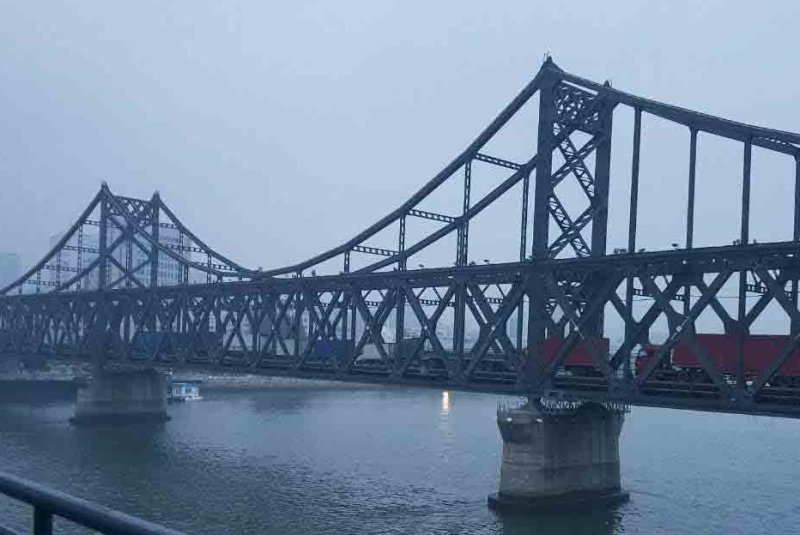Firms in third countries, like China, that engage in illicit North Korea trade are being considered for possible sanctions, South Korea's foreign minister said Monday. File Photo by Yonhap News Service/UPI
July 10 (UPI) -- South Korea's foreign ministry says it is in discussions with the United States regarding secondary boycotts of firms abetting North Korea's nuclear weapons program.
Seoul's Foreign Minister Kang Kyung-hwa told a South Korean parliamentary committee on Monday the government is "in talks with the United States regarding the secondary boycott option," Yonhap reported.
The sanctions would target third-party companies, including those in China, that engage in illicit trade with North Korea.
Secondary boycotts have been credited with bringing an end to Iran's nuclear proliferation in 2015.
Kang said South Korea would "work closely" with the United States on any unilateral sanctions that may be approved in Washington.
Kang's testimony comes days after the offices of U.S. Sens. Pat Toomey, R-Penn., and Sen. Chris Van Hollen, D-Md., said they plan to introduce a new sanctions bill "in the coming weeks" to "exert maximum pressure ... on North Korean and its enablers."
The response comes after North Korea's most recent test of the Hwasong-14, which Pyongyang has claimed is an intercontinental ballistic missile capable of reaching the United States.
Kang said Seoul and Washington are already scrutinizing firms in third countries that trade with North Korea. She did not identify specific companies or individuals during the hearing.
The South Korean foreign minister said the goal of pressure is to draw North Korea back to the negotiation table, and promise the country a better future if it pursues the path of denuclearization.
Without negotiation or diplomacy, the option of U.S. military action would come under more serious consideration.
An armed response would "strain America's conventional military resources to their utmost, and the risks entailed would be horrendous," writes Tom Holland in The South China Morning Post.
The United States would launch a "synchronized three-pronged air assault" that would involve stealth bomber attacks on North Korea's underground nuclear facilities, an assault on North Korea command centers and a third assault "consisting of both cruise missiles and the remainder of the U.S. Air Force's strategic bomber force," Holland writes.















